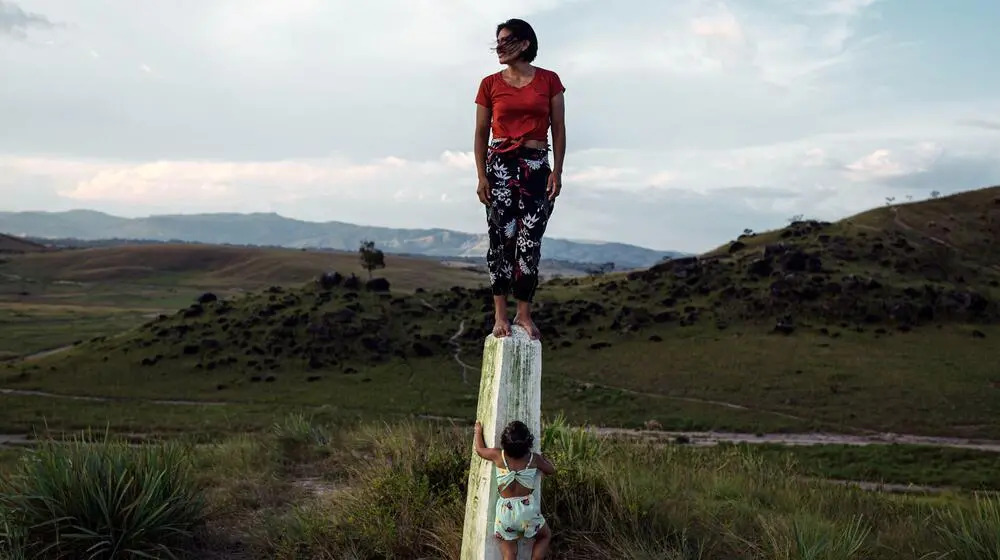Here are eight reasons for exiting 2022 with more hope than sorrow, eight reasons to ring in the new year with expectations high and more commitment to human rights and welfare.

“If it bleeds, it leads,” is an old newsroom adage, highlighting the media’s disproportionate attention given to grisly disasters. A look back at 2022 will surface many doom-laden headlines, grim pronouncements and dark prophecies about the future. Not everyone will have noticed, then, the considerable progress that has been made in advancing innovations, rights, equity and justice throughout the world.
Below are eight reasons for exiting 2022 with more hope than sorrow, eight reasons to ring in the new year with our expectations high and our commitment to human rights and welfare even higher.
The global trend is towards strengthened reproductive rights.
There are, of course, notable exceptions to the trend of strengthened reproductive rights and access to health services. It’s true that the COVID-19 pandemic rolled back progress by overwhelming health systems, disrupting supply chains and reducing information and services. These challenges remain deeply concerning, with advocates and health experts redoubling their efforts to reach everyone in need. Still, the overall trend is a promising one.
The UNFPA 2022 State of World Population report called for unintended pregnancy to be acknowledged as a global crisis; political and civil society leaders have heeded that call, recognizing as tragic and unacceptable the fact that nearly half of all pregnancies are unintended.
We also see more countries passing laws to uphold and protect reproductive health and rights. “We know about this progress because, for the first time on a global scale, we can measure it under the Sustainable Development Goals,” UNFPA Executive Director Dr. Natalia Kanem said. “UNFPA has surveyed 153 countries with nearly 90 per cent of the world’s population. An encouraging 76 per cent now have laws upholding sexual and reproductive rights.”
Justice is on the march.
This past year brought food insecurity, fuel crises and many other emergencies in which the poorest and most marginalized have been the worst impacted. It may have gone unnoticed, then, that justice frameworks – to remedy historical wrongs, to call attention to overlapping systems of oppression, to prioritize the most left behind – are being increasingly applied to the world’s largest problems.
Take the historic agreement at the November COP27 conference to provide the most vulnerable countries with “loss and damage” funding in recognition of their heightened exposure to climate change – a catastrophe to which they have contributed minimally.
Leaders are also issuing powerful calls for sexual and reproductive justice. In November, a new report by the High Level Commission on ICPD25 urged countries, advocates and policymakers to combat “intersecting forms of oppression that impede sexual and reproductive justice” and to recognize and support “the leadership and power of the most excluded groups, particularly marginalized women and girls, and stand behind the efforts of women and their communities.”
Women are calling for safety in digital spaces.
An unfortunate reality of our world is that many digital spaces are not safe for women and girls. More than eight in 10 have witnessed technology-facilitated violence like cyberbullying and non-consensual sharing of intimate images (so-called “revenge porn”). But in 2022, many of these women and girls stood up to say enough is enough – and UNFPA stood with them.
For the past two years, UNFPA’s award-winning bodyright campaign has called for greater protections for women, girls and members of marginalized communities against digital abuse. Similar in concept to the © for copyright, the ⓑ symbol at the heart of the campaign represents empowerment, self-ownership and a claim to bodily autonomy.
Since bodyright’s launch in 2021, more than 30,000 people have signed UNFPA’s petition urging policymakers and technology companies to recognize online violence where it happens and end it. This groundswell of support is a clear signal of solidarity with survivors, which won’t stop until women and girls can live freely and without fear, whether online or off.
You can read the full article here.
Source: UNFPA

